Equity and student success post pandemic
Posted in 2021 Panel Session | Tagged pandemic, post-pandemic
In the fifth panel session, panelists and participants considered what we are all “returning” to and how we are supporting our students when the next academic year begins. Through three questions: (5.1) How can we strengthen co-curricular connections to the curriculum and vice-versa? (5.2) How do we foster holistic, professional identities among students to help them discern career possibilities? and (5.3) In the academic year ahead, how do we account for learning lost and learning gained in the past year among our students? Together, panelists and participants discussed what possibilities exist for a renewed campus with equity and student success at forefront of community, relationships, identity, and high-impact practices?
5.1 How can we strengthen co-curricular connections to the curriculum and vice-versa?
This presentation takes a look at the support available and received by students while on campus. Panelists examine programs that address whether students get equitable access to information and improve mentorship. The discussion also looks at issues of representation and inclusivity, such as building a sense of community among students of color who often feel isolated on campus.
Panelists
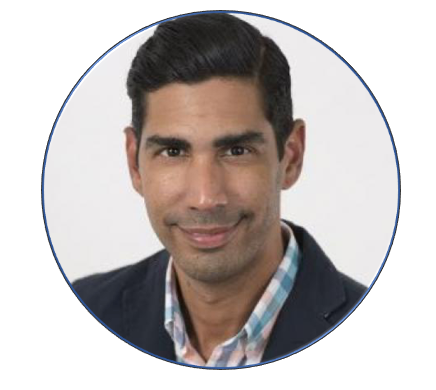
Dr. Richard Peters
Associate Dean of the College of Arts & Sciences
Xavier University of Louisiana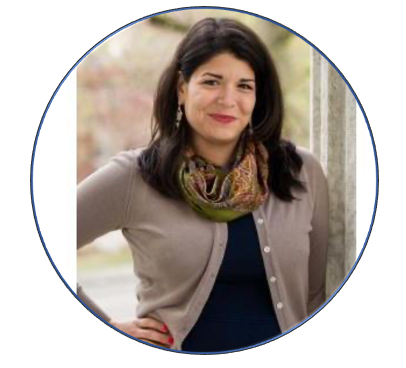
Dr. Khristina Gonzalez
Senior Associate Dean of the College and the Bob Peck ’88 Director of the Emma Bloomberg Center for Access and Opportunity
Princeton University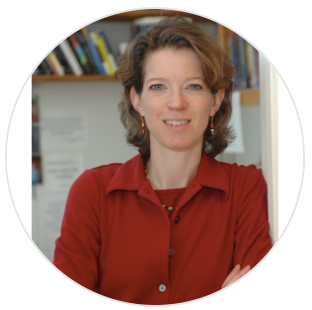
Dr. Heidi Elmendorf Director, The Hub for Equity and Innovation in Higher Education Georgetown University
Slides
Resources
- https://sifp.princeton.edu
- https://hoyagateway.georgetown.edu/
5.2 How do we foster holistic, professional identities among students to help them discern career possibilities?
Targeting faculty practices is an area with a lot of potential to improve equity in higher education. The professor has a huge say in the experiences of the student, and as a result, it is intuitive that faculty practices could be a good place to reduce inequality. To probe further into the research in this area, panelists look at research showing how a professor’s disposition in class and relationships with students have a marked effect on whether students stay with their major.
Panelists

Dr. David Yeager
Associate Professor of Psychology
University of Texas at Austin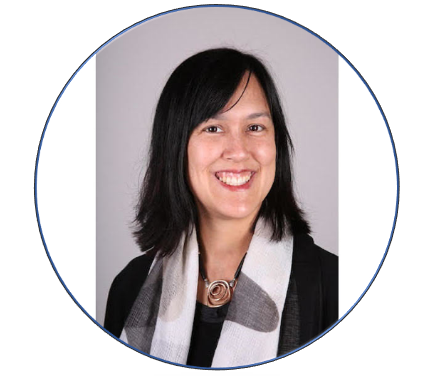
Dr. Becky Wai-Ling Packard (new window)
Professor of Psychology and Education
Massachusetts
Mount Holyoke College
Elizabeth Banes (meeting chair)
Analyst
Ithaka S+R
Slides
- How do we foster holistic, professional identities among students to help them discern career possibilities? (Wai-Ling Packard)
Resources
- Canning, Elizabeth & Muenks, Katherine & Green, Dorainne & Murphy, Mary. (2019). STEM faculty who believe ability is fixed have larger racial achievement gaps and inspire less student motivation in their classes. Science Advances. 5. eaau4734. 10.1126/sciadv.aau4734.
- https://advances.sciencemag.org/content/5/2/eaau4734/tab-article-info
- https://liberalarts.utexas.edu/nslm/txmi-college-transition.php
5.3 In the academic year ahead, how do we account for learning lost and learning gained in the past year among our students?
Understanding academic momentum is key to the puzzle of why students do and not continue education at certain junctions. Interruption to academic momentum can hugely affect this process. The pandemic was obviously a huge interruption at every level of education, but the silver lining of this is that people learned new skills at home. A vital part of moving forward will involve understanding what skills were developed over the pandemic.
Panelists
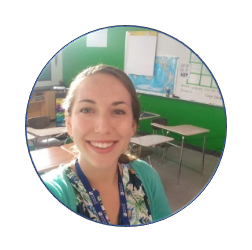
Allyson Evan
IB History Teacher & Team Leader
KIPP Texas Public School – San Antonio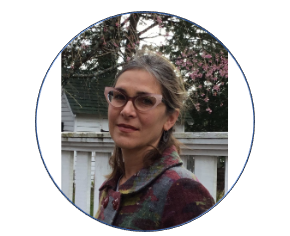
Anne Severson
Boston Public Schools
Katie Boin
Director of Student Outreach and Support
Georgetown University
Dr. Susannah McGowan (meeting chair)
Associate Director for Curriculum Design
Georgetown University
